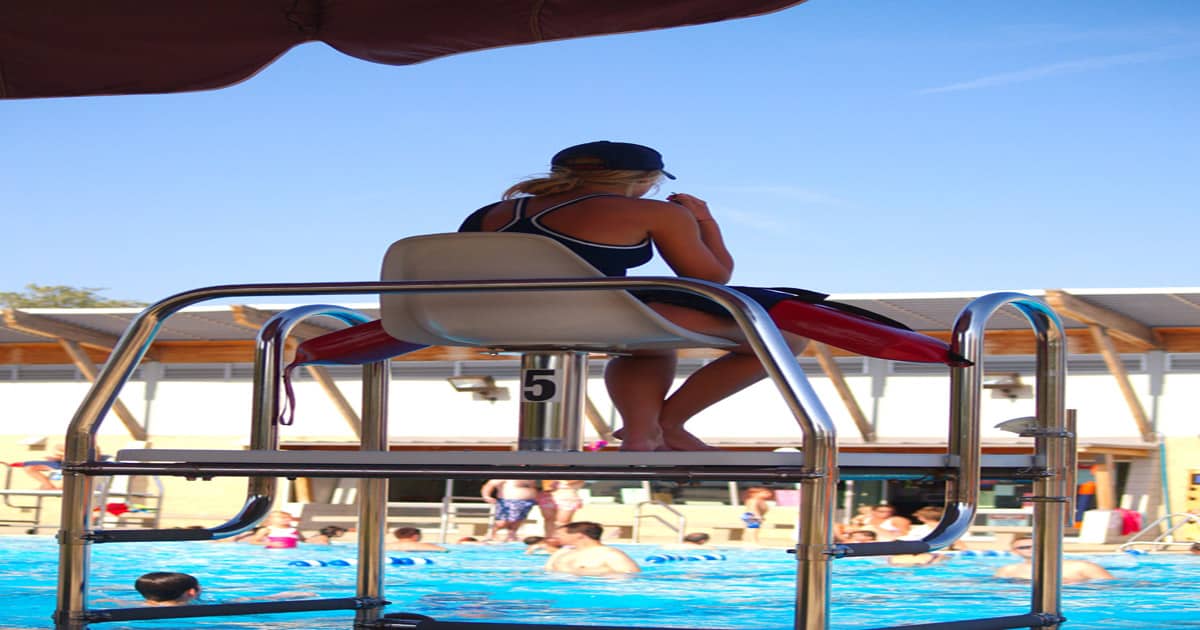
Lifeguards perform a vital service to protect people of all ages while in or near the water. Public pools and beaches commonly have one or more lifeguards on duty to help with a variety of potential issues with swimmers and sunbathers.
Sometimes, the lifeguard is the one who needs help. A variety of potential dangers could cause lifeguards to suffer from a variety of work-related injuries or illnesses.
Like other employees in Pennsylvania, lifeguards are subject to workers’ compensation when the job causes an injury or illness.
Commonly Occurring Lifeguard Injuries
A lifeguard might suffer a variety of injuries due to the job and work conditions. In worst-case scenarios, a lifeguard might drown or suffer a neck injury while trying to save someone.
The tools of the trade and the way in which the job is done often lead to commonly occurring injuries. Those injuries often include:
- Back injuries
- Cuts and contusions
- Infections
- Slip and fall injuries
- Sprains and strains
Beaches generally have sand and gravel that can make it hard to find good footing. Pool decks can get wet and become slippery. The potential for slipping and falling while responding to an emergency can be high for lifeguards.
Lifeguards easily can suffer sprains and strains by twisting an ankle on an uneven or unstable surface. Slipping and falling might cause a lifeguard to reach out to break the fall, but that might break or sprain a wrist. Lifting someone out of the water might strain the back or cause a pulled or torn muscle.
Many lifeguards get cuts and contusions from lifeguard platforms, ladders, and other equipment upon which the hand, leg, or another body part might become lacerated. A cut might become infected and require medical treatment.
Many pools and swimming equipment, such as diving boards and rafts, require regular cleaning and disinfecting to keep them sanitary. Regular exposure to unsanitary surfaces increases the risk of infection or becoming ill.
How to Make the Job Safer for Lifeguards?
You can minimize the potential dangers that lifeguards face by providing them with quality rescue gear and personal protective equipment. Respirators, skin and eye protection, and footwear help to protect against commonly suffered injuries.
Ensuring pool water, diving boards, and swimming platforms are sanitary will help to prevent infections. Regular training on a monthly basis could or another timeline could help to ensure lifeguards work safely and enter the water without endangering themselves or others during an emergency.
Training and refreshers also can help to make sure lifeguards know how to use rescue and safety equipment when needed. If you are injured or become ill despite good training and equipment, workers’ compensation should cover your medical costs and any extended time away from work.
If you suffer an injury or illness, you should obtain medical treatment as soon as possible from a qualified care provider. A local hospital emergency room should qualify for coverage, and your employer can refer you to an authorized medical services provider. A workers’ compensation attorney can help you to obtain benefits if your initial claim is denied.
Pottstown Workers’ Compensation Lawyers at Wusinich, Sweeney & Ryan Help Injured Lifeguards to Get Their Claims Paid
Injured lifeguards can get help with workplace injury and disability claims from the Pottstown workers’ compensation lawyers at Wusinich, Sweeney & Ryan, LLC. You can call 610-594-1600 or contact us online to schedule a free consultation at our Exton, Pennsylvania, law office. We represent clients in Downingtown, West Chester, Exton, Coatesville, Phoenixville, Malvern, Lyndell, Wagontown, Uwchland, Parkesburg, Chester Springs, Lancaster County, Reading, Morgantown, and throughout Pennsylvania.




